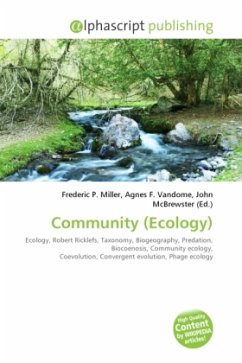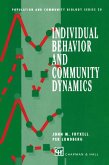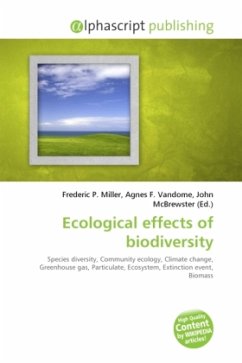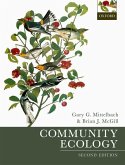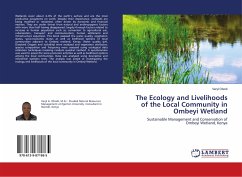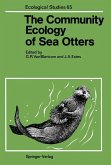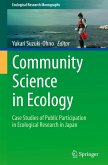In ecology, a community is an assemblage of two or more populations of different species occupying the same geographical area. The term community has a variety of uses. In its simplest form it refers to groups of organisms in a specific place and/or time, for example, "the fish community of Lake Ontario before industrialization". On a deeper level the meaning and value of the community concept in ecology is up for debate. Communities have traditionally been understood on a fine scale in terms of local processes constructing (or destructing) an assemblage of species, such as the way climate change is likely to affect the make-up of grass communities. Recently this local community focus has been criticised. Robert Ricklefs has argued that it's more useful to think of communities on a regional scale, drawing on evolutionary taxonomy and biogeography, where some species or clades evolve and others go extinct. Whatever scale community being dealt with, ecologists study the interactions between species in these communities.
Bitte wählen Sie Ihr Anliegen aus.
Rechnungen
Retourenschein anfordern
Bestellstatus
Storno

